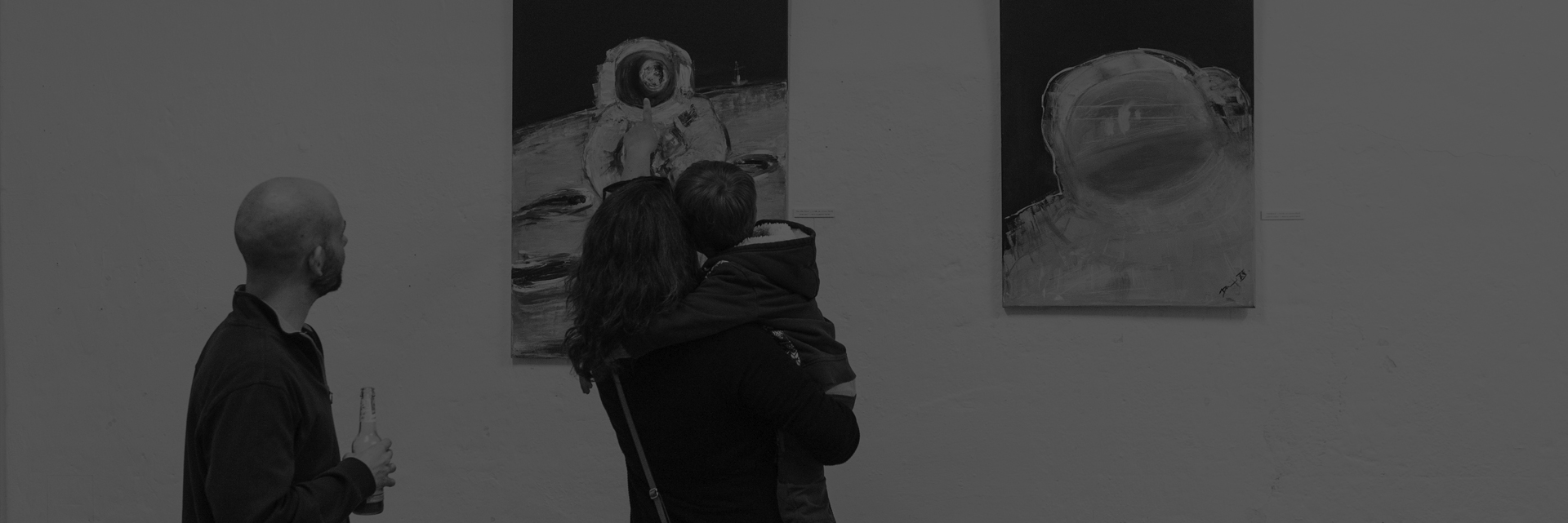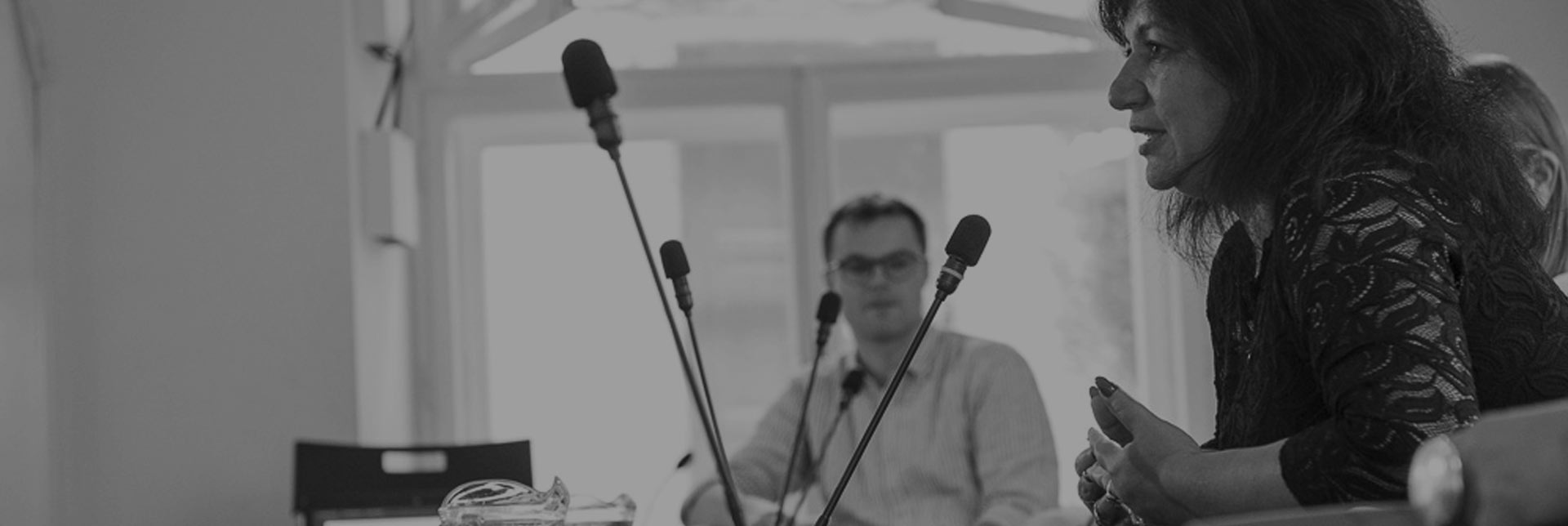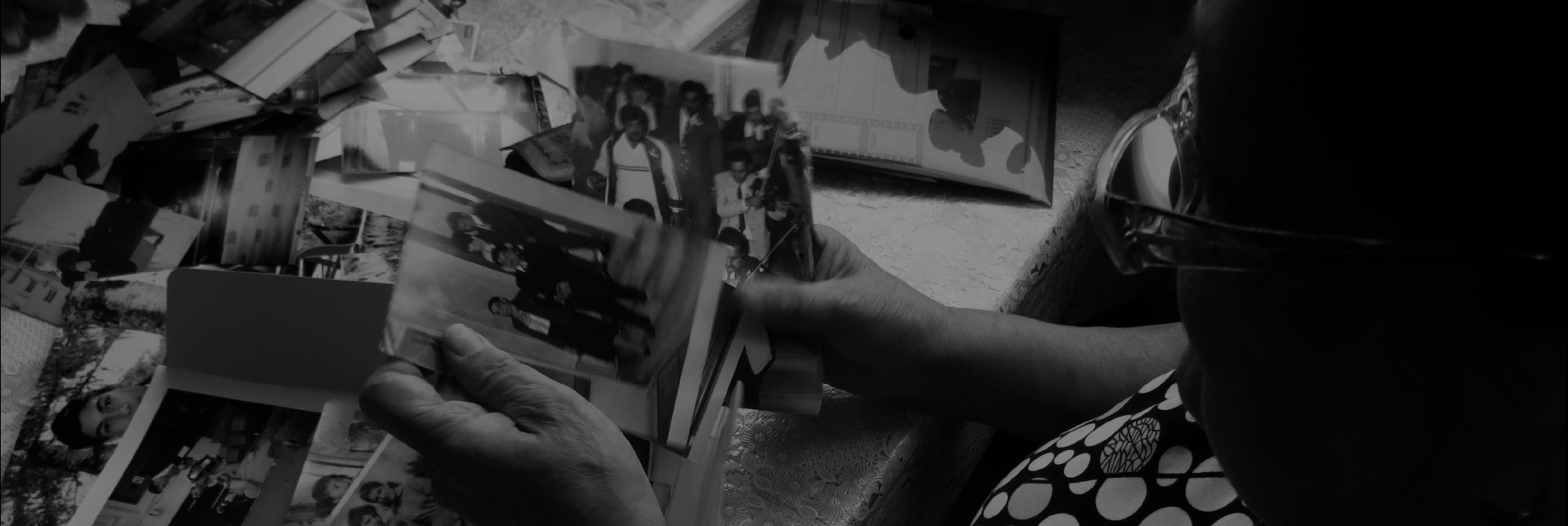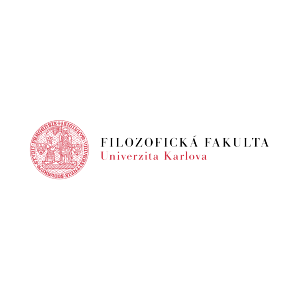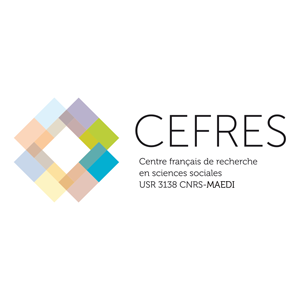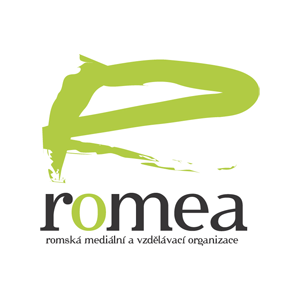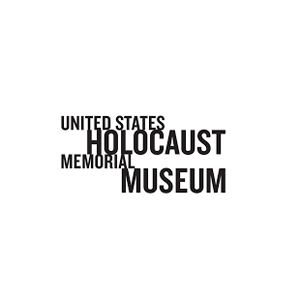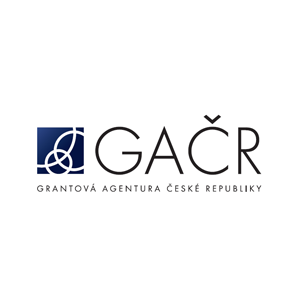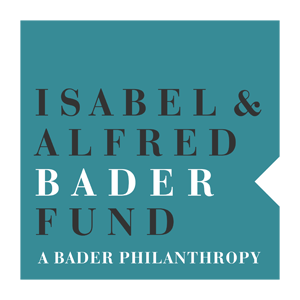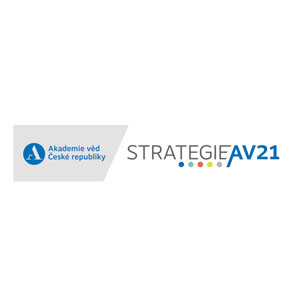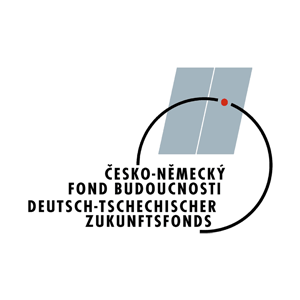Upcoming20242023202220212020201920182017
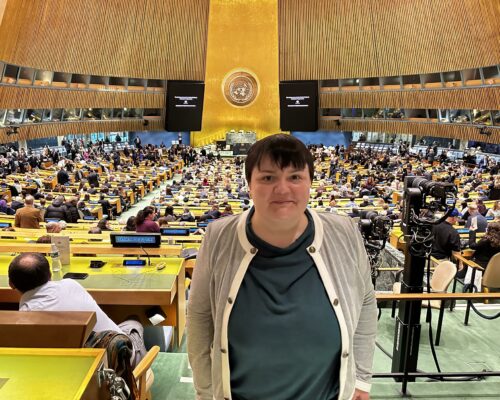
Romani History Seminar, November Session
On Thursday, 14 November at 6:00 PM CET, we will discuss Tatiana Sirbu's draft article "Officials and Nomads on the border of the Russian Empire. The 'Bessarabian Border Office of Gypsies belonging to the crown' in...
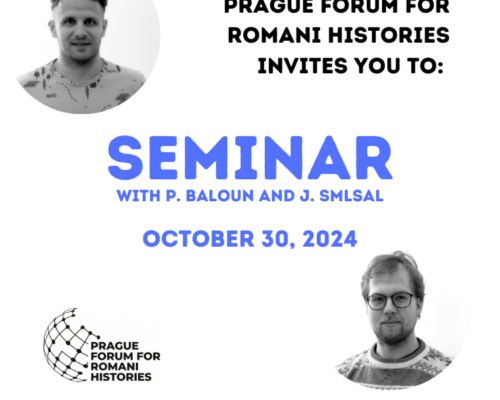
Romani History Seminar: „Correction, Violence and Race in the Workhouses of the Czech Lands“
On Wednesday, 30 October at 6:00 PM CET, we will discuss Pavel Baloun´s and Jiří Smlsal´s preliminary article „Correction, Violence and Race in the Workhouses of the Czech Lands".
On Wednesday, 30 October at 6:00 PM CET, we will discuss Pavel Baloun´s and Jiří Smlsal´s preliminary article „Correction, Violence and Race in the Workhouses of the Czech Lands". Karola Fings will be our invited...
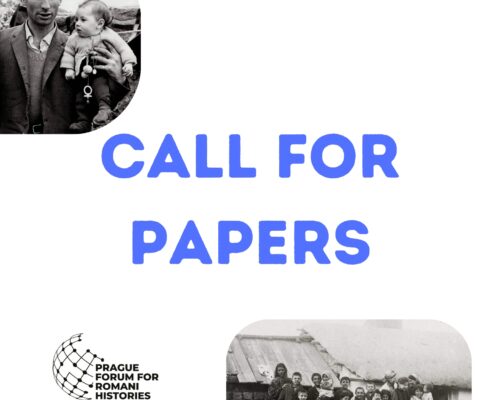
Call for Papers
"Romani Racialization Beyond Majority-Minority Narratives: Transnationalism, Activism and Solidarity" - Call for Papers for the next annual roundtable conference of the Prague Forum for Romani Histories in 2025
Please do not miss the new Call for Papers for the next annual roundtable conference of the Prague Forum for Romani Histories in 2025 organized by Tina Magazzini and Martin Fotta from the Institute of Ethnology, Czech Academy...
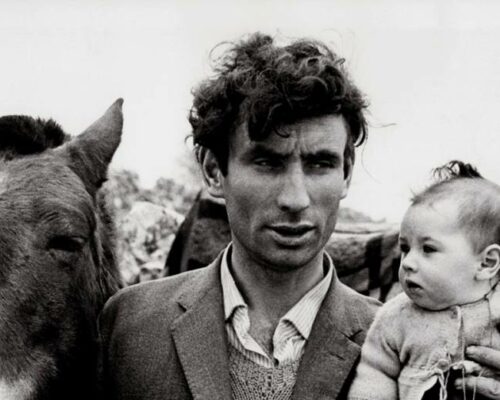
International Conference: Racializing Romani People in the Nineteenth Century
May 20 - 21, 2024
The scholarly study of race, racism, racialization, and racial capitalism on a global scale has significantly reframed our understanding of the nineteenth century. It has been established that ideas about race influenced...
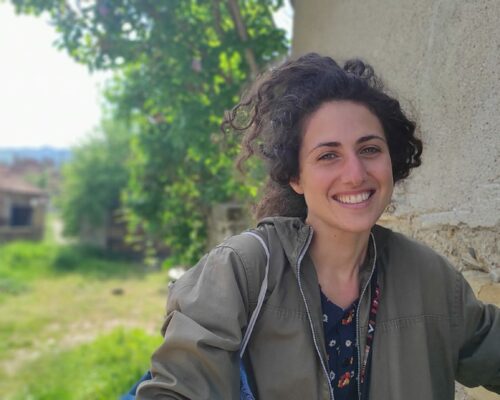
Romani History Seminar (Online)
"'Folk music is Balkan music.' Kotel musicians’ positioning, between re-appropriation and resignification."
On Wednesday, 17 April at 5:00 PM CET, we will discuss Camilla Salvatore's dissertation chapter "'Folk music is Balkan music.' Kotel musicians’ positioning, between re-appropriation and resignification." Carol Silverman...
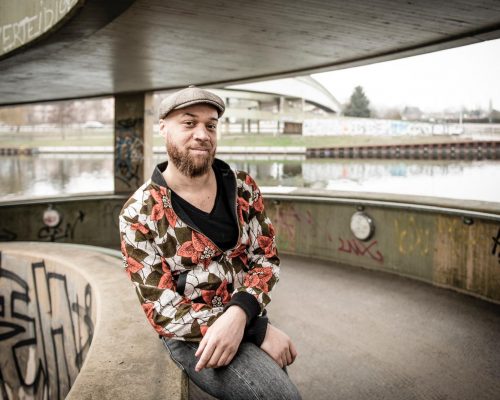
James et al.: „Who Counts in Official Statistics? Ethical-Epistemic Issues in German Migration and the Collection of Racial or Ethnic Data“
Daniel James, Morgan Thompson and Tereza Hendl
On Wednesday, 1 November at 5:00 PM CET, we will be discussing Daniel James, Morgan Thompson and Tereza Hendl´s draft "Who Counts in Official Statistics? Ethical-Epistemic Issues in German Migration and the Collection of...
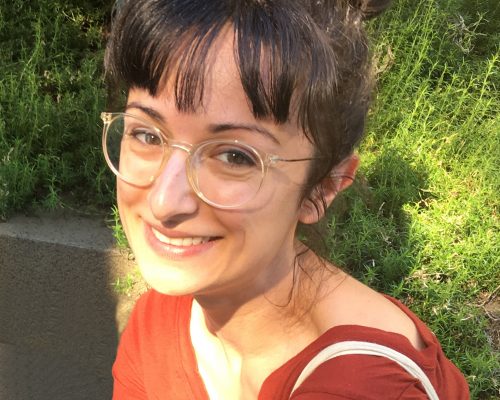
Siv B. Lie: “Django Under the Nazis: Subversive Stories, Uncertain Resistance, and Romani Essentialism in Popular Media.”
On Wednesday, 14 June at 5:00 PM CET, we will be discussing Siv B. Lie 's draft article “Django Under the Nazis: Subversive Stories, Uncertain Resistance, and Romani Essentialism in Popular Media.” Dr. Adriana Helbig has...
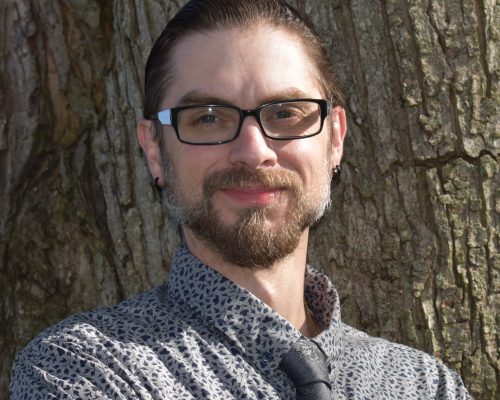
Dalen Wakeley-Smith: Fear the Fortune Teller: American Romani Women and the New York City Police Department (NYPD)
On Wednesday 24 May at 5:00 PM CET, we will be discusing Dalen Wakeley-Smith´s draft thesis chapter entitled Fear the Fortune Teller: American Romani Women and the New York City Police Department (NYPD). Ann Ostendorf...
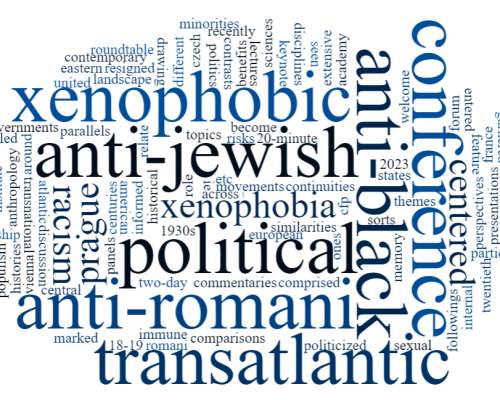
The Politicization of Xenophobia in Transatlantic Contexts: Past and Present
18-19 May, 2023, Villa Lanna Prague
Organizers: Jonathan Wiesen (University of Alabama at Birmingham) Angéla Kóczé (Romani Studies Program at the Central European University in Vienna) Kateřina Čapková (Institute of Contemporary History, Czech Academy...
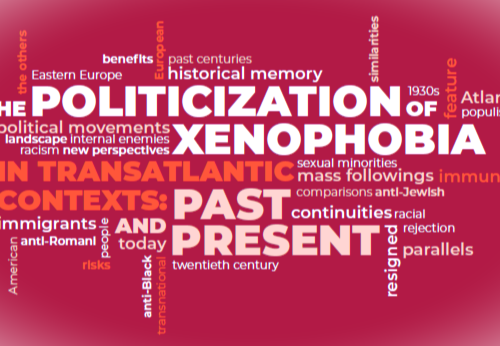
PROGRAM: The Politicization of Xenophobia in Transatlantic Contexts: Past and Present
International Conference 18-19, May 2023, Prague
Organizers: Jonathan Wiesen (University of Alabama at Birmingham) Angéla Kóczé (Romani Studies Program at the Central European University in Vienna) Kateřina Čapková (Institute of Contemporary History, Czech Academy...
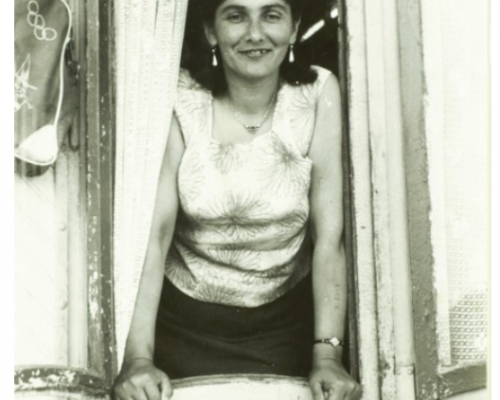
Call for Papers – Symposium: New Directions in the Study of the Roma Genocide
10 - 11 May 2023
This two-day, in-person symposium organised by The Wiener Holocaust Library and the University of Cambridge, taking place at the Library on the 10th-11th May 2023, will bring together early career researchers with senior...
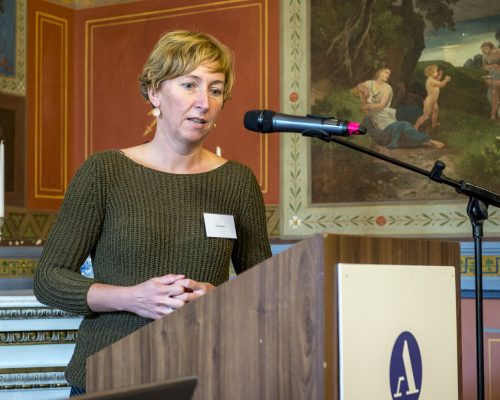
Helena Sadílková: “Strategies Of Participation And Negotiation: Socially Engaged Roma In Post-War Czechoslovakia 1948-1969”
On Wednesday 5 April at 6:00 PM CET, we will be discusing Helena Sadílková’s draft article entitled “Strategies of participation and negotiation: Socially engaged Roma in post-war Czechoslovakia 1948-1969” Eszter...
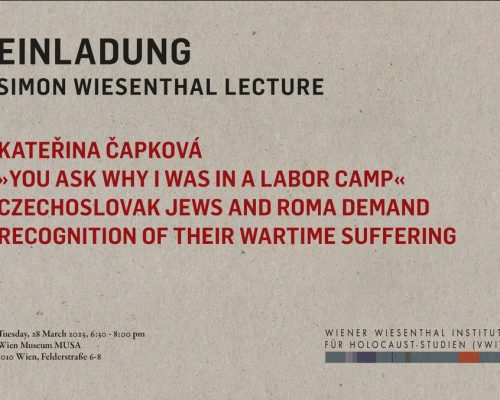
Kateřina Čapková: „You Ask why I was in a Labor Camp“: Czechoslovak Jews and Roma Demand Recognition of Their Wartime Suffering
23 March 2023, Wien Museum
Wien Museum MUSA 1010 Wien, Felderstraße 6–8 from 6:30pm Simon Wiesenthal Lecture Although World War II affected the lives of all inhabitants of the Bohemian lands (today‘s Czech Republic) and Slovakia,...
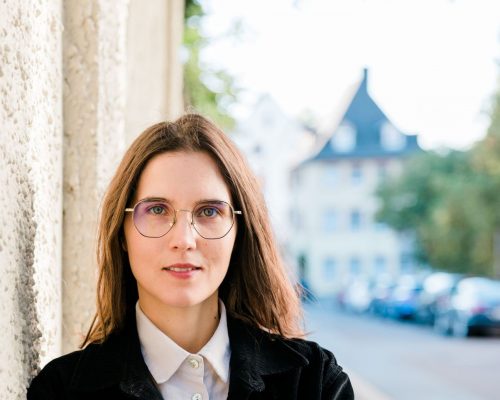
Vita Zalar: Antinomies of Romaniness in the Habsburg Empire, 1860-1918
Romani History Seminar
On Wednesday 22 March at 6:30 PM CET, we will be discusing Vita Zalar's draft thesis chapter entitled "Antinomies of Romaniness in the Habsburg Empire, 1860-1918"". Jennifer Illuzzi has kindly accepted to be our main discussant.
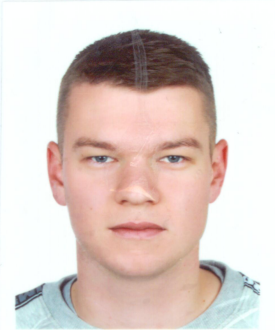
Leonard Stöcklein: „If we don’t get a seat at the table, then we’ll just create our own“. Memorial work of the Sinti_ze and Rom_nja in the shadow of trauma, transgenerationality and memory using the example of Neumünster
WEDNESDAY 16 November at 6pm (CET) Author: Leonard Stöcklein Discussant: Joey Rauschenberger Abstract Against the background of a second persecution, to which Sinti_ze and Rom_nja were exposed after 1945,...
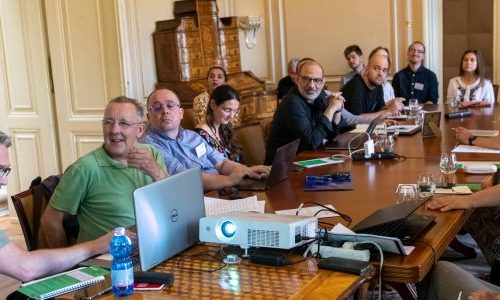
Romani History – Methods, Sources, Ethics
8–9 June 2022, Villa Lanna, Prague
Organizers: Ari Joskowicz, Kateřina Čapková, Martin Fotta, Helena Sadílková Application deadline: April 15, 2022 On the sixth anniversary of the founding of the Prague Forum for Romani Histories, this workshop...
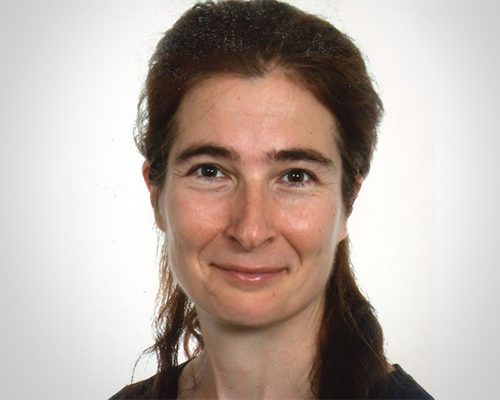
‘The minor would hinder the mother in finding employment’: Child protection regulating women’s labor force participation
Tuesday, 26 April at 3:00 pm (CET). We will discuss Eszter Varsa’s chapter “‘The minor would hinder the mother in finding employment’: Child protection regulating women’s labor force participation” from her...
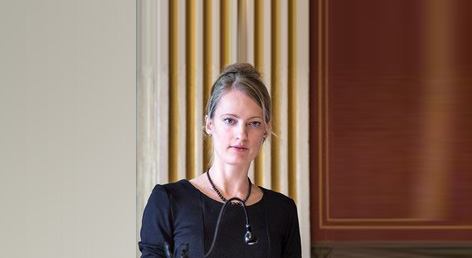
The Romani Family before and during the Holocaust: How Much Do We Know?
The next meeting of the Romani History Seminar will take place on Wednesday, 6 April 2022 at 5:00 pm (CET). We will discuss a published article by Volha Bartash (University of Regensburg) « The Romani Family before...
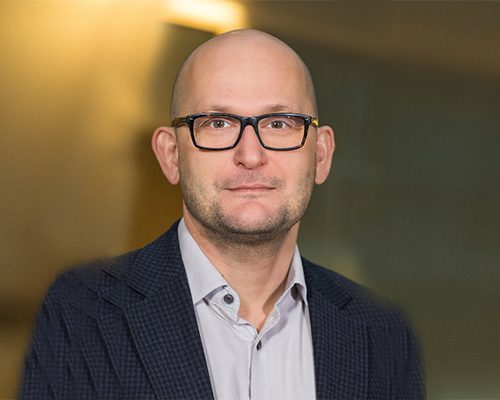
“Towards the state of exception: Roma in Polish police journals in 1920–1939”
Romani History Seminar Wednesday, 19 January 2022, 5:30 PM (CET) Author: Piotr Wawrzeniuk (Swedish Defence University): Discussant: Jennifer Illuzzi (Providence College, USA) The article analyses Polish police...
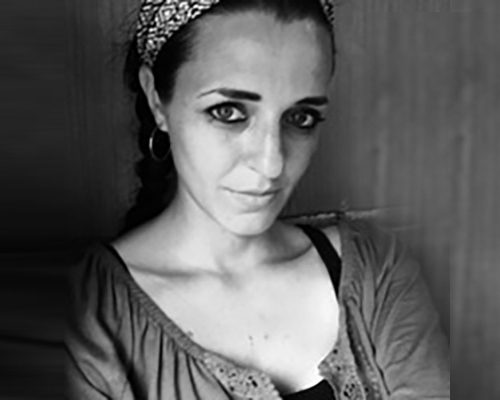
Inside the Churches: The Gitanos and the Right of Asylum in the Seventeenth-Century Habsburg Spain
Romani History Workshop 15 December 2021 at 5 PM (CET) Author: Maria Gloria Tumminelli, University of Pavia, mariagloria.tumminelli@hotmail.it Discussant: Massimo Aresu, University of Leeds, m.aresu@leeds.ac.uk...


